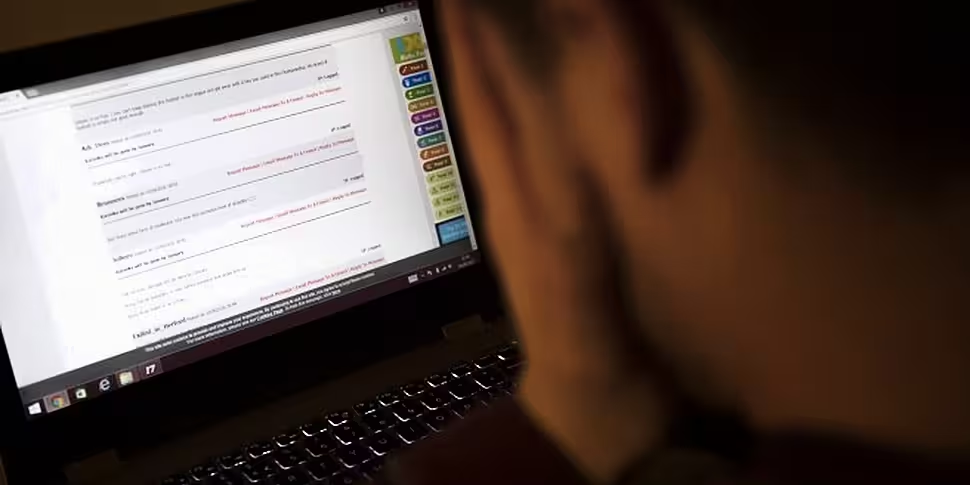When I was a teenager, I used to hate how young people were portrayed in the media. Sweeping statements were made about issues that I felt did not represent me or my friends.
I clearly remember one paper doing a big splash about how all teenagers were binge drinking on Friday nights. This may or may not surprise you, but I was a goody-two-shoes and wasn't binge drinking any night of the week. My friends and I often spoke of how something must be wrong with us because every other teenager in the country is clearly different.
On Thursday morning, I spent five hours in the company of 100 teenagers from secondary schools all around the country. I was hosting a child safety event at Vodafone Ireland that was put together by ISPCC / Childline. There were approximately 40 students in the room with me and I was connected via video link to students in Dundalk, Galway, and Cork.
The purpose of the event was to learn what young people think, need and want in terms of cyber safety. This was an event that I was delighted to be part of because, rather than talking about children, it was talking to children.
We know that ISPCC and Childline have been there to lend an ear to young people for a long time, but now they are giving them a voice. They are compiling information from events, such as this, to then approach the government to work out a system that will help keep young people safe online.
Opinions
Over the course of the event, I was struck by how many of the students were happy to share their opinions, concerns, and questions in front of their peers and 'grown ups'.
I learned so much throughout the day. Most importantly it emphasised to me that young people are savvier in terms of technology than they are given credit for. By that, I don't just mean they know how to turn something off and on again. What I mean is that they are aware that the internet can be a dangerous place. They know that there are 'block' buttons on the various platforms. They know they can use them and not face any consequences.
What's amazing, however, is that they know that there are many amazing aspects of the internet.
While there is no question but that children are sexualised at a younger age than ever before, not every child that is on Snapchat is sexting. Not every friendship that exists purely online is strange, or a pathway to grooming.
Obviously, there are instances when that is the case. These are issues that need to be addressed, policed and warned against on an on-going basis.
In terms of the rest, let's call it the majority, of instances young people will have positive experiences online. They will interact with friends and new people, learn how to navigate different online platforms and a host of other skills. What we need to do, is ensure that those children have a support structure for when something goes wrong. This can be as minor as someone saying something mean about them online or as severe as an instance of revenge porn.
We cannot wait for social media giants to react after the fact.
There needs to be some form of standard that all social media platforms must meet before it is allowed to have any users. This needs to include a clear reporting and blocking process for users. It needs to be made plain as day that complaints are investigated by a human and that there will be some form of implication for those who break the rules.
This will ensure the likes of SimSimi don't come knocking around again.
We also need to have a serious conversation about where the buck stops in terms of children's behaviour online. Are teachers responsible or is it on parents? Are we going to teach our children how to behave online, as we do in terms of road safety and table manners? Should it be on the curriculum?
Once again, we're met with more questions than answers, but they're definitely worth exploring.









